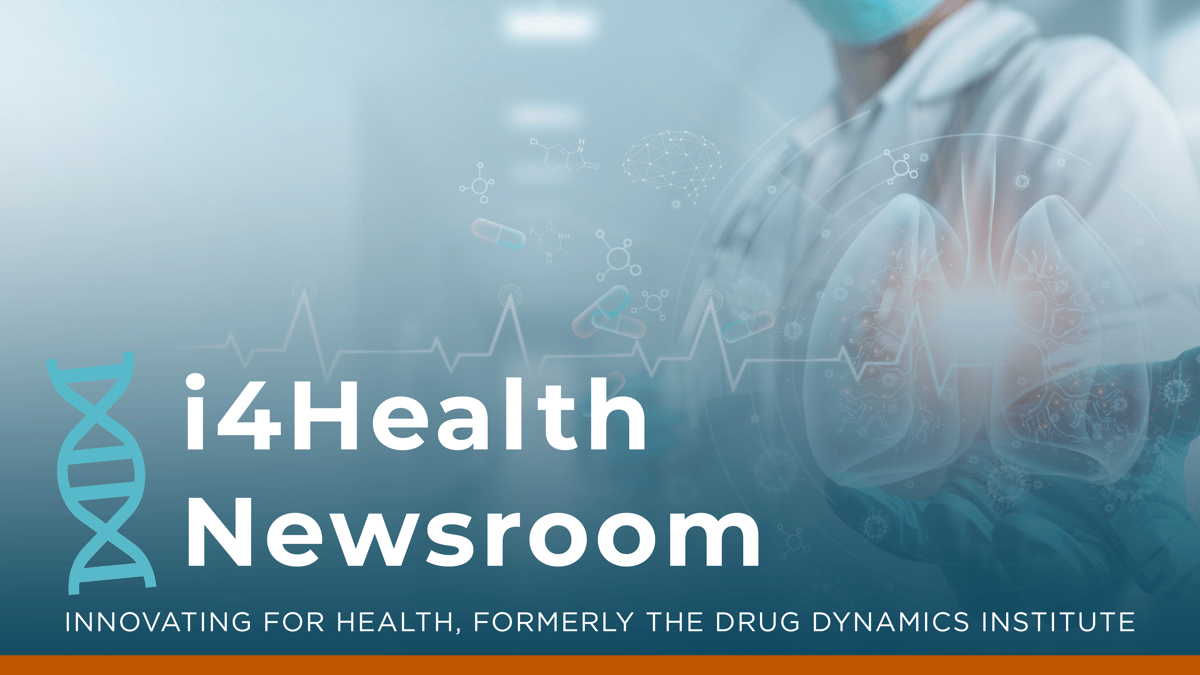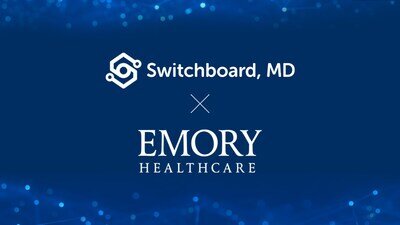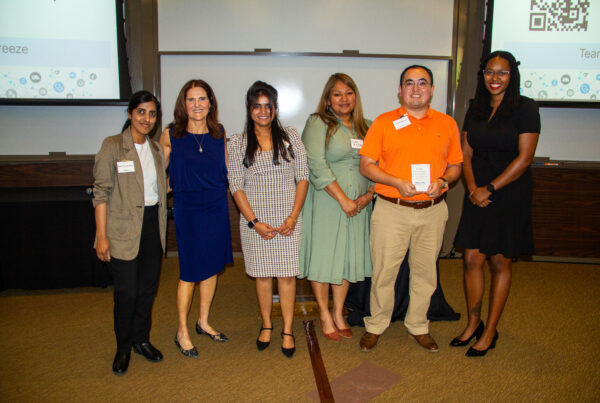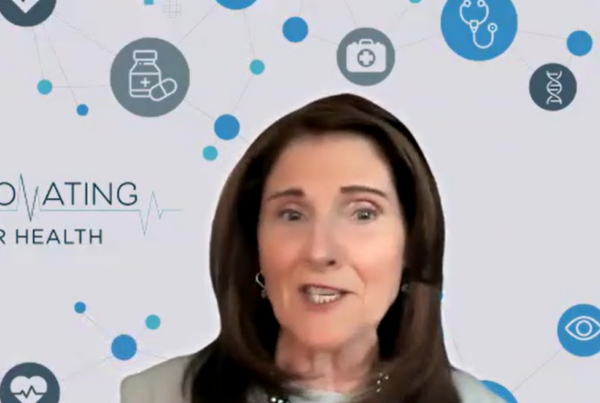
.png?t=1732208209804&width=560&composeType=play_button&overlayColor=%232f4254&overlayScale=0.3&name=Screenshot%20(959).png)
| Smart Machines, Smarter Ideas:Exploring AI in Health Innovation Dear friends,Earlier this year I was persuaded by all the buzz surrounding artificial intelligence (AI) as a personal and academic assistant and decided to give it a try. I now emphatically describe it as “Google on steroids”! It has become my go-to for information, learning, and productivity enhancement. Curious to understand whether and how students are utilizing this tool, I conducted informal polls with students in two of my programs. I was surprised to discover that approximately 30 percent had an AI account and used it occasionally; I thought the numbers would be higher. I queried Chat GPT, and it confirmed my findings when applied to a broad university audience. In the United States, only 38 percent of students reported using AI at least monthly, although AI adoption appears to be growing within higher education. Based on my personal learning experience, as well as the expertise of colleagues including Craig Watkins who you heard from above, students, researchers and faculty can all benefit from embracing AI tools like ChatGPT over traditional search engines like Google for several reasons, including:AI tools can engage in more interactive conversations. Instead of sifting through multiple search results, students can ask specific questions and get tailored responses, explanations, and summaries in real-time. AI can quickly provide relevant information without requiring learners to click through multiple links.AI interactions can encourage learners to think critically about the information provided, as they assess its relevance, validity, and potential biases, improving analytical skills.My conversations with other faculty and staff who actively use AI revealed that higher education institutions’ concerns about ethical use of AI focus more on creating guardrails and rules. There are legitimate concerns around the ethics, academic integrity, and the potential misuse of the technology. The privacy and security of student information is paramount and universities must grapple with this – how to ensure that student data is protected while still enabling them to use AI tools effectively. AI is already impacting health, healthcare, and health innovations. It’s time to broaden our focus on educating students about the ethical, responsible use of AI while also providing clear guidelines and training. A balanced approach could help both faculty and students view AI not as a threat or shortcut, but as a powerful tool to enhance the learning experience and prepare students for future careers. For now, I invite you to explore the news and resources below. I wish you a health and Happy Thanksgiving, and am grateful for your ongoing support of our work! – Janet C. Walkow, Ph.D.P.S. Looking for previous versions of our newsletter? Find our archives in the i4Health Newsroom. |

| Meet Craig WatkinsS. Craig Watkins is the Ernest A. Sharpe Centennial Professor (Moody College of Communication) and Executive Director of the IC2 Institute at the University of Texas at Austin. Craig leads an initiative that is probing the role of artificial intelligence in addressing health disparities through a partnership with the Dell Medical School. Craig is also a PI for the Good Systems Grand Challenge, a UT Austin initiative designed to catalyze multidisciplinary research and development in responsible artificial intelligence. This work has involved a multidisciplinary collaboration to prototype a chatbot to support mothers dealing with postpartum depression and a team that is exploring the feasibility of deploying sensor-based health devices in diverse settings. Further, he serves as a Co-PI for a NIH funded project to use AI and machine learning to identify the social risk factors implicated in the rising rates of suicide among Black youth. Craig is working with UT-Austin’s Dell Medical School and Discovery to Impact to develop technology and responsible AI design practices that employ ‘personal sensing’ to enhance the ability of healthcare professionals to deliver more effective care through behavioral modeling and prevention. Craig serves on numerous advisories committed to technology and well-being, including Google, the Pew Research Center, and the White House health and innovation initiative, ARPA-H. |
| AI Health Innovations in the News |

| LA Doctor Uses AI to Help Homeless Community Access Care “The tech is really pushing us to be that provider we were supposed to be when we were taking histories in med school,” Dr. Steven Hochman of Akido Labs tells Fast Company. “When I’m talking to patients in the field, the tech does a phenomenal job of providing me with accurate documentation of what we talked about, which allows me to focus on my job.” |
| AI Reduces Physician Inbox by 30 Percent Emory Healthcare has successfully implemented Switchboard, MD‘s MDAware Inbox Management solution, enhancing communication and operational efficiency for staff and clinicians across four specialty clinics. With MDAware, 30 percent of all patient portal messages are automatically rerouted to staff to return patient correspondence, allowing staff and clinicians to focus on patient care. |
.png?width=520&upscale=true&name=Screenshot%20(962).png)
.png?width=700&upscale=true&name=Innovating4Health%20Logo%20Concept%20v1-03%20(1).png)
| The Innovating for Health (i4Health) Institute brings together teams with educational, geographic, experiential, and demographic diversity – a critical element for developing dynamic thinking skills that fuel creative solutions to health issues and promote health equity. Learn more at i4health.info and join the conversation below. |




